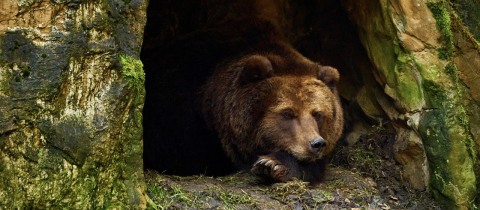Compostable. Recyclable. Sustainable. Admirable concepts with interesting scientific connections. But there is often a lot of misleading marketing hype. Consider “Brush with Bamboo,” marketed as a “plant-based toothbrush.” First we are told on the box that some 2 billion plastic tooth brushes end up in oceans and landfills every year. This is not good but compared with the 13 million tons of plastic that end up in the oceans every year, well, it is just a drop in the ocean. Still, every bit that doesn’t end up there is helpful.
The Bamboo Brush has a handle made of bamboo and packaging made of cardboard and a plant based plastic, probably polylactic acid, all of which are compostable, but the plant-based wrapper only in a commercial composting facility. However, it is the bristles that make for an interesting story. They can be recycled but have to be removed from the bamboo handle with pliers. Doubtful that many people would be willing to do that.
The troublesome marketing hype, though, comes from the claim that the bristles are made from castor beans. That is basically true, but there is a great deal of chemical processing involved. The bristles are made of Nylon-11 that in turn is made from 11-aminoundecanoic acid that in turn is made from castor oil by a complex process. First castor oil is converted to methyl ricinoleate by treatment with methanol, then is pyrolysed at high temperature to heptaldehyde and methyl undecylenate that is then hydrolysed to undecylenic acid. And then just three more reactions yield gamma-aminodecanoic acid that can be polymerized to Nylon-11.
Now, does that sound like the bristles are made from castor beans? About as much as cars being made from soil. The implication on the packaging is that the bristles are somehow directly made from castor beans. Obviously this is not so. Furthermore, regular toothbrushes can also be recycled. If one wants to push this further, one could also say that all toothbrushes are made from plants. The raw material is sourced from petroleum, and what is that but the end product of the decomposition of plants over millions of years?







